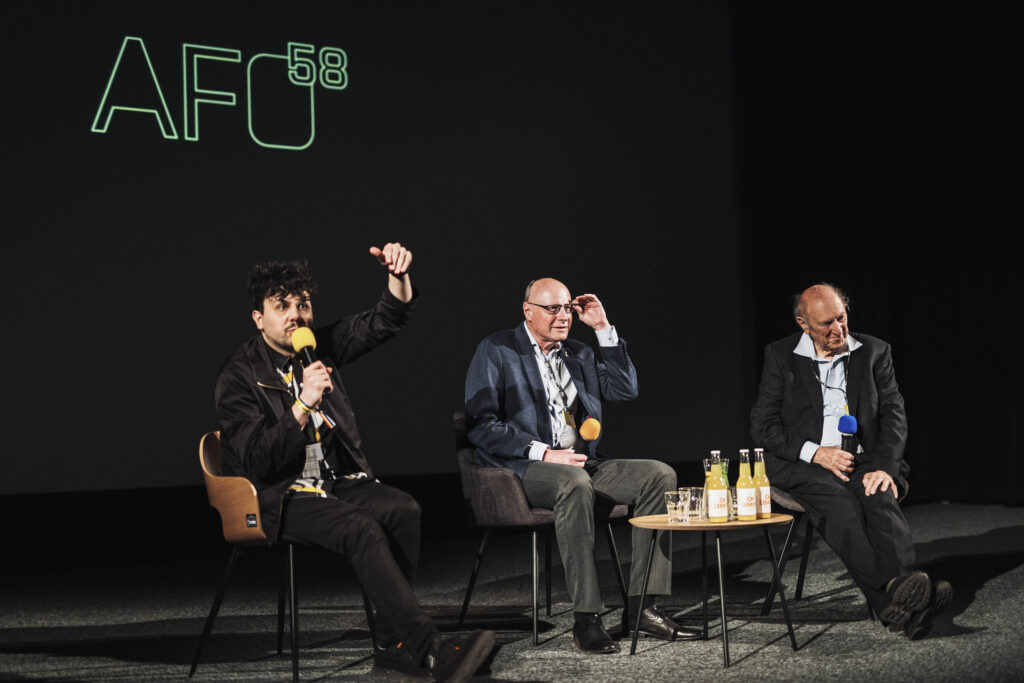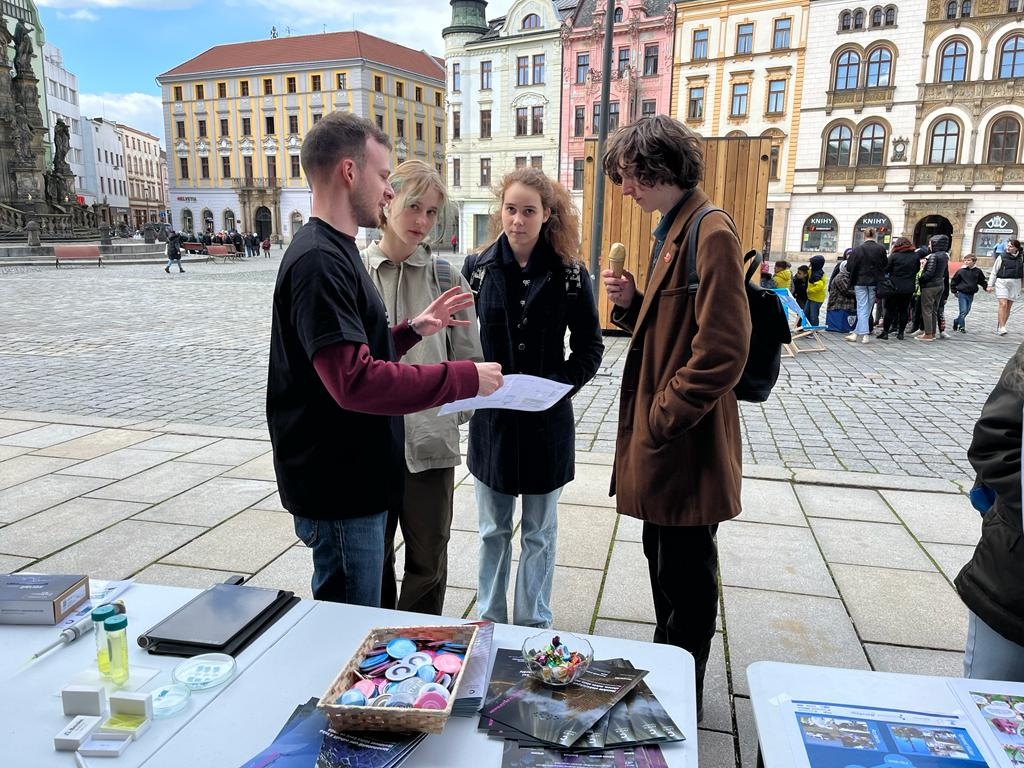CATRIN joins the Academia Film Festival Olomouc
The same as last year, CATRIN is one of the main partners of the 58th Academia Film Festival Olomouc series
The development of genetics, but also the possibilities of contemporary science, for example in the treatment of rare genetic diseases or in the field of plant genome editing, was debated by the audience after the screening of the film Důverné dějiny genu. Partners in the discussion were the President of the European Federation of Biotechnology (EFB) and a member of CATRIN’s Scientific Board Jeff Cole and the Vice President of EFB and Head of CATRIN-CRH Ivo Frébort.
“I was very surprised by the interest of the viewers in this issue and I really enjoyed the discussion, which brought a number of interesting questions. Although genetics has made huge progress and we have information about the shape of human DNA as well as about the genomes of some economically important crops, we still know little about their functioning. Many questions have yet to be answered by scientists,” said Frébort.

The panel Talent ve vědě, which focused on the importance of leaders in scientific work, was joined by the former CATRIN scientist Veronika Šedajová, who recently left to gain more scientific experience at the University of Cambridge. In a pre-recorded video, she shared with the guests of the debate the important aspects that contributed to the launch of her successful scientific career. In addition to her own enthusiasm, it was the support of her family and partner, alongside her teachers and supervisors. “I have always been lucky to have the right supervisors who supported me not only in my successes, but also when research was not going quite as we imagined,” said this scientist, who was in major international projects at CATRIN.
CATRIN also participated in the accompanying programme Věda v ulicích. In Olomouc Horní náměstí, researchers introduced to passers-by, through graphic presentations and experiments, for example, how genetic analyses of insects can complement our knowledge of biodiversity, why plant research is important, or how nanotechnologies and nanoparticles can be used for various applications. They showed them, among other things, the functioning of effervescent cleaning tablets with iron nanoparticles that can remove some dangerous substances from water, or a new biosensor that can immediately detect even very small residues of antibiotics, namely ampicillin, in water or dairy products.


